In a significant move towards ensuring digital ethics and human dignity, TikTok and YouTube have taken a firm stand against content that exploits vulnerable populations. This decision came into the Spotlight with the suspension of BumsNDrones, a controversial social media account known for publishing invasive drone footage of homeless individuals. The account, criticized for harassing people experiencing homelessness, faced action following an inquiry by Forbes, highlighting a growing concern over digital content practices and their real-world impact.
The Crackdown on BumsNDrones
BumsNDrones, operated by Henry “Hank” Borunda of Pueblo, Colorado, gained notoriety for its aggressive style of filming individuals living on the streets. These videos, often set to mocking music, were not only viewed by hundreds of thousands but, in some cases, reached up to 9.9 million views. Despite its popularity, with 1.2 million followers on Instagram alone, the account came under fire for potentially violating community guidelines and aviation laws.
YouTube spokesperson Javier Hernandez articulated the platform’s stance, stating to Forbes, “We terminated the channels in question for violating YouTube’s community guidelines, which prohibit stalking and other forms of harassment.”
Similarly, TikTok took action, with the account also being banned on Facebook and Instagram, where it had a substantial following.
The Controversy and Criticism
Critics of Borunda’s work, including homeless rights advocates and drone experts, argue that his videos constitute harassment.
Cathy Alderman from the Colorado Coalition for the Homeless told Forbes, “This type of harassment of people experiencing homelessness is clearly done in an effort to shame and embarrass the unhoused community.”
Such actions not only demean those filmed but also challenge Legal boundaries regarding drone use. Borunda’s drone operations, as reported, might infringe upon federal regulations that prohibit flying over humans under certain conditions.
Moreover, Borunda’s justification for his actions, claiming to “shine a light on how people are actually living among us” to “inspire change,” has been met with skepticism. His approach, focusing on people’s most vulnerable moments, contradicts the essence of advocacy and support for the homeless community.
Legal and Ethical Implications
The Federal Aviation Administration (FAA) is investigating Borunda for unauthorized drone operation, with potential fines exceeding $30,000 for unsafe practices. This investigation underscores the balance between technological use and legal compliance, emphasizing the need for responsible content creation that respects both privacy and safety.
The suspension of BumsNDrones from major social media platforms signifies a crucial step in addressing the ethical concerns surrounding digital content. It serves as a reminder of the power of social media and the responsibility that comes with it. While platforms have started to act, the ongoing conversation about digital ethics, privacy, and the humane treatment of vulnerable populations continues. As we navigate the complexities of the digital age, the actions taken against BumsNDrones highlight the importance of using social media as a tool for positive change rather than exploitation.





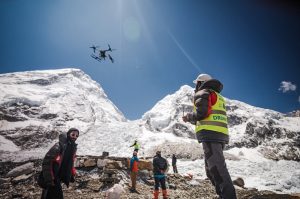


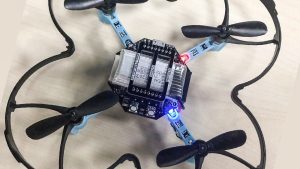


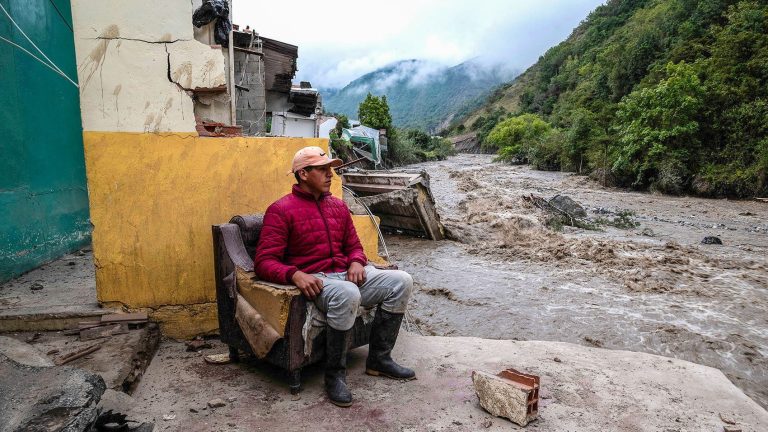






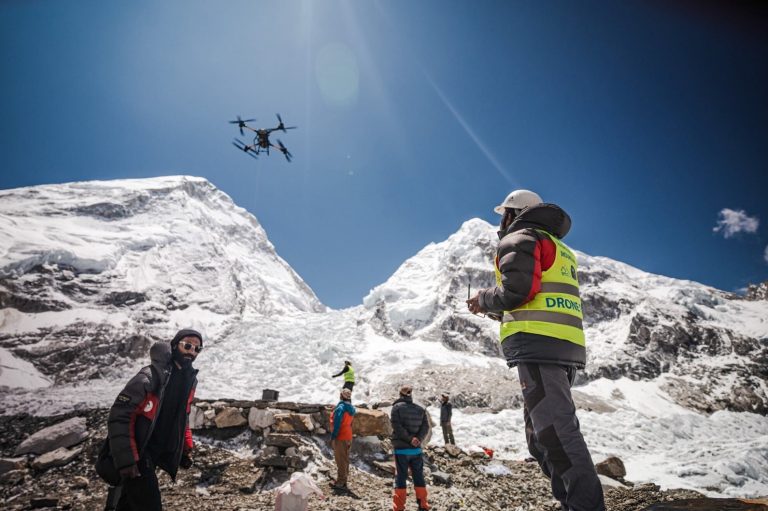
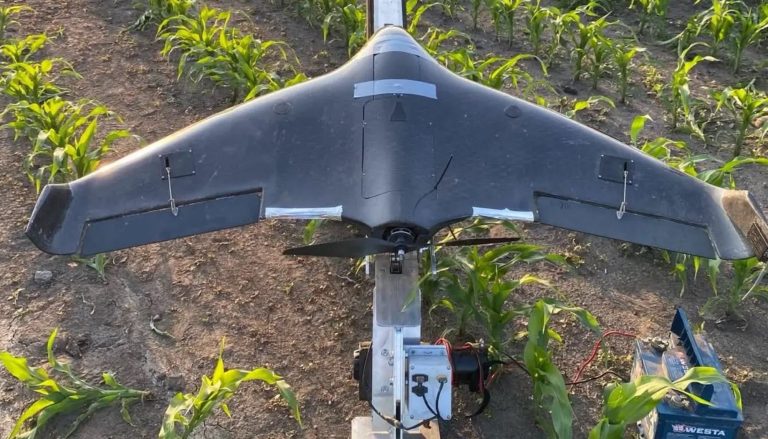

+ There are no comments
Add yours